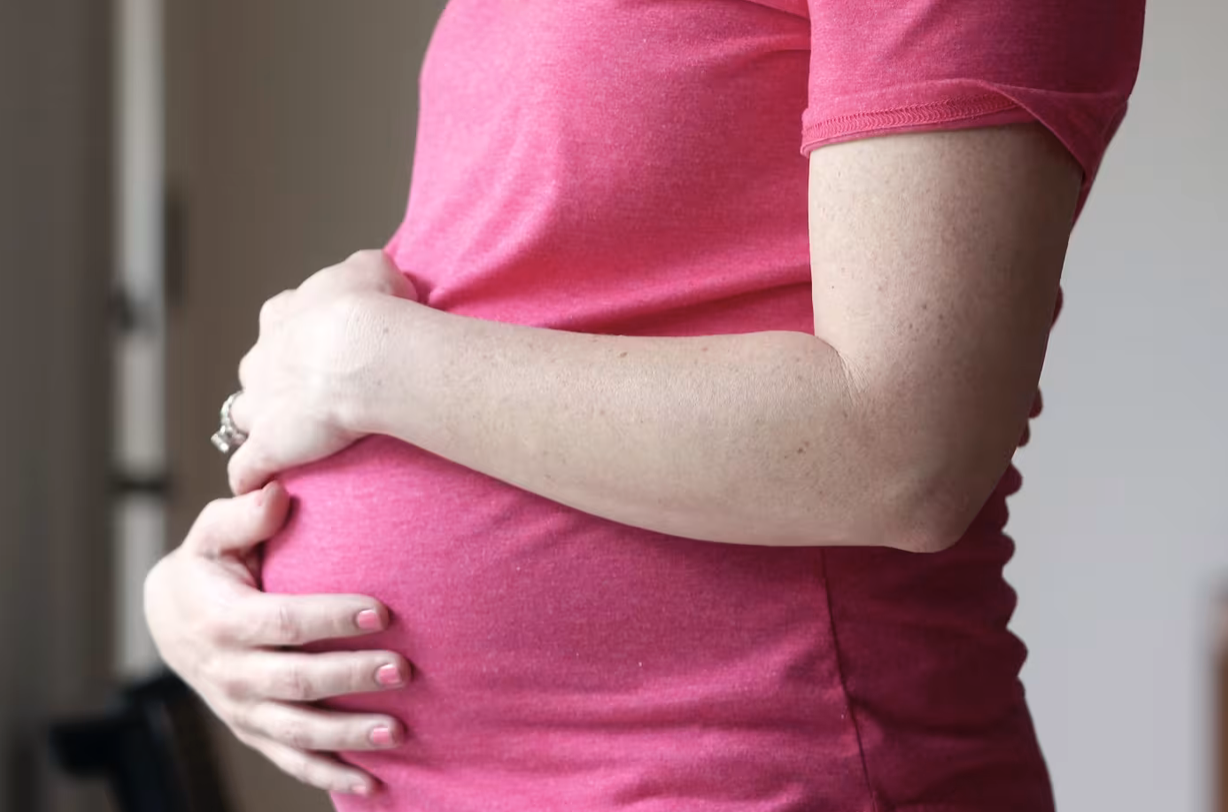Penna Dexter
There’s a growing concern in the U.S. and many other countries that people are not having enough babies.
The fertility rate in the U.S. is now approximately 1.62 births per female. This is well below replacement level fertility which is 2.1 births per female.
Why should we care about this?
New York Times columnist Ross Douthat worries a lot about the declining birthrate. In his book, THE DECADENT SOCIETY, he laments that “amid all of our society’s material plenty, one resource is conspicuously scarce. That resource is babies.” He writes frequently about “the grim consequences of an aging, childless future.”
The concern is frequently highlighted in other major news sources including Bloomberg, CNN Business, The Wall Street Journal, BBC, and The Economist, with headlines like, “Global fertility has collapsed with profound economic consequences.”
Propelled by falling birthrates, the U.S. population is rapidly aging. As the number of productive workers shrinks and the population of elderly rises, we’ll face a shortage of workers to support the older generations. This accelerates the economic pressures on childbearing-aged couples.
There are several reasons for the declining birthrate. Couples are marrying past the peak age for human biological fertility, which is 22-24. And, increasingly, people are not marrying at all. One in four 40-year-old American adults have never been married.
To many Millennials and Gen Z-ers, having kids is one of many lifestyle choices. John Stonestreet, host of Breakpoint, says that in our current culture, “we make the choice to have children or not based on convenience, enjoyment, and personal fulfillment.” For many young women, “motherhood often lands on the losing side of that evaluation.”
Elon Musk has touted the work of Kevin Dolan, organizer of The Natal Conference who describes to his audiences “a problem that will define the next century…predicated on one question. Will your children have children of their own?”
All too often, the answer is ‘no.’
 Listen Online
Listen Online Watch Online
Watch Online Find a Station in Your Area
Find a Station in Your Area










 Listen Now
Listen Now Watch Online
Watch Online
